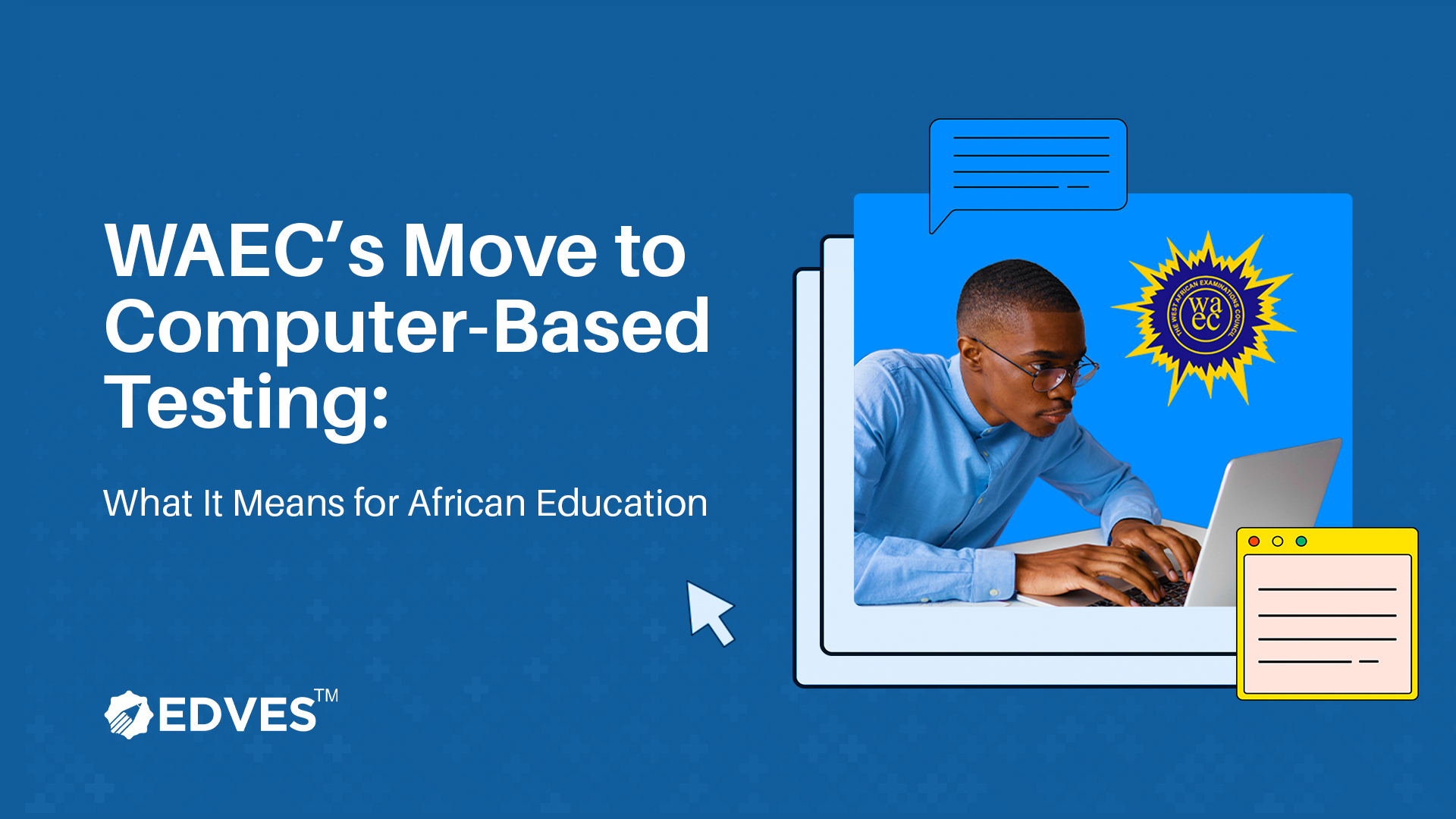Psychology of learning is also very applicable today, this vital piece of information helps to create new and more cooperative approaches to learning.
The psychology of learning focuses on a range of topics related to how people learn and interact with their environments. For students to learn better educators have to understand the psychology behind how students learn. Psychologists define learning as a relatively permanent change in behavior as a result of experience.
The Coalition for Psychology in Schools and Education (CPSE), in their publication of the “Top 20 Principles from Psychology for pre-K to 12 Teaching and Learning.” listed the Top 20 document was created by psychologists representing a wide range of divisions, focused on education, school, developmental, social, cognitive, psychometrics, media, counseling and clinical psychology and lots more
Psychology of learning is also very applicable today, this vital piece of information helps to create new and more cooperative approaches to homework, tests and the student's ability to learn.
These core learning theories are broken down into the following;
Neuroscience: which focuses on the relationships among the central nervous system, learning, and behavior.
Behaviorism which views knowledge as a collection of behavioral responses towards different stimuli in the environment.
Social cognitive theory which proposes that much of human learning occurs through the social environment.
Information processing theories which focus on the ways information is collected, analyzed, and stored in the human brain.
Constructivism which is a philosophical perspective which argues that much of what one learns and understands about the world is constructed.
Cognitive constructivism,
Social constructivism & Motivation which describe the desire to succeed as well as the fear of failure.
The following are ways to connect better with Students;
- Listen To Your Students
Teachers need to spend more time not just talking to students but also listening to them. Doing this will help the teachers realize the student's unique perspectives and also to discover ways to interact better with the student.
- Allow Students Share their Experiences and Interests
Also Students have views and opinions no matter how inaccurate they might be they are valid and should be given proper attention. Give students assignments that will make them recount their experiences and interests.
- Let Students be the Center of Attention
teachers should not always be at the center of discussions but should allow students to share events and experiences. it allows students to develop counter-positions; it helped students learn to substantiate their positions, listen to others, and build coherent narratives; and it provided students space for voice and authority in the classroom.
- Give Room for Extracurricular Activities
It’s not just during classroom hours that young minds can be nurtured, and research suggests that pupils who participate in extracurricular activities perform better academically and socially. Getting student to participate in extracurricular activities gives students access to build competency in areas and fields that could help their learning process.




